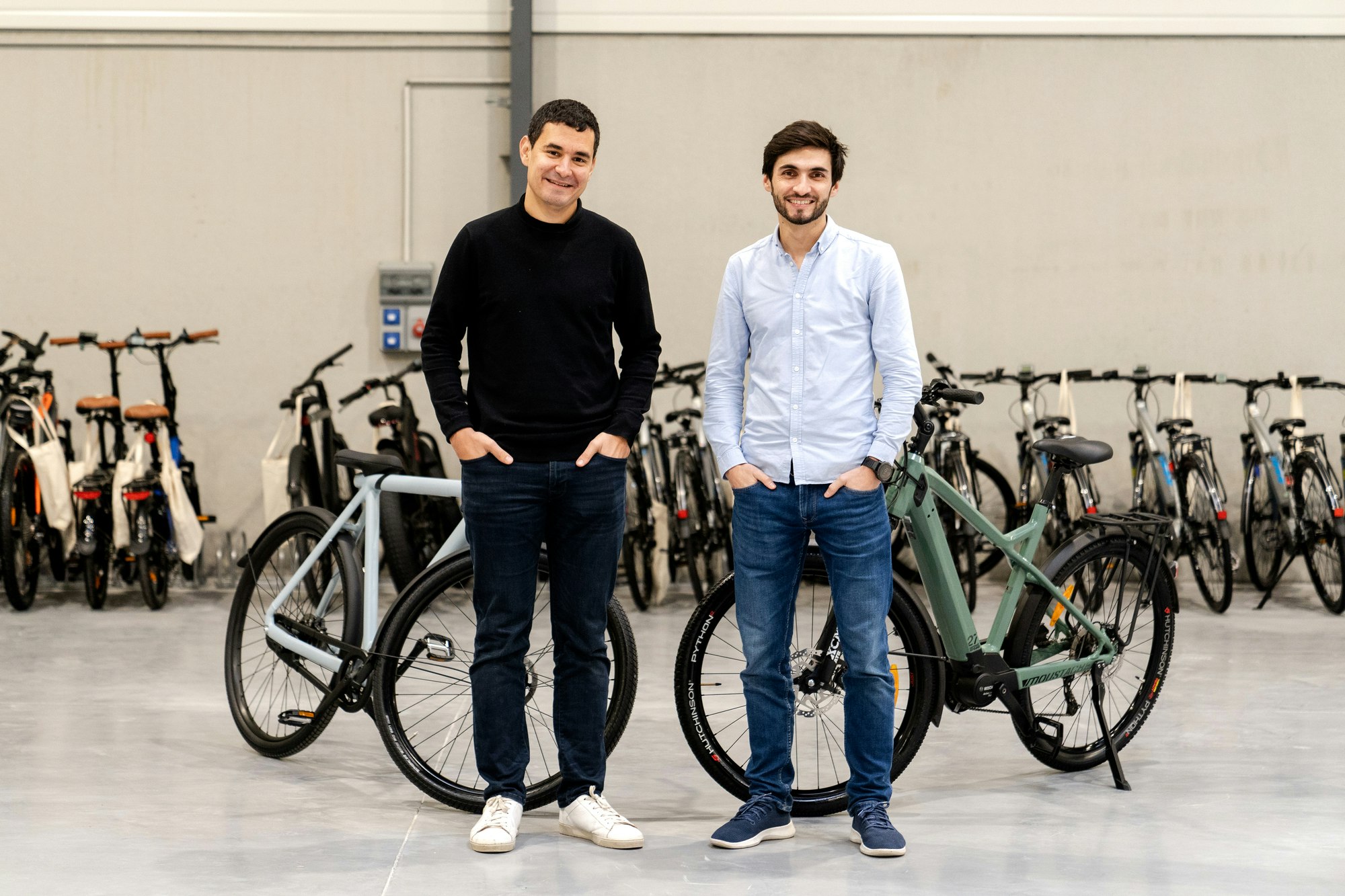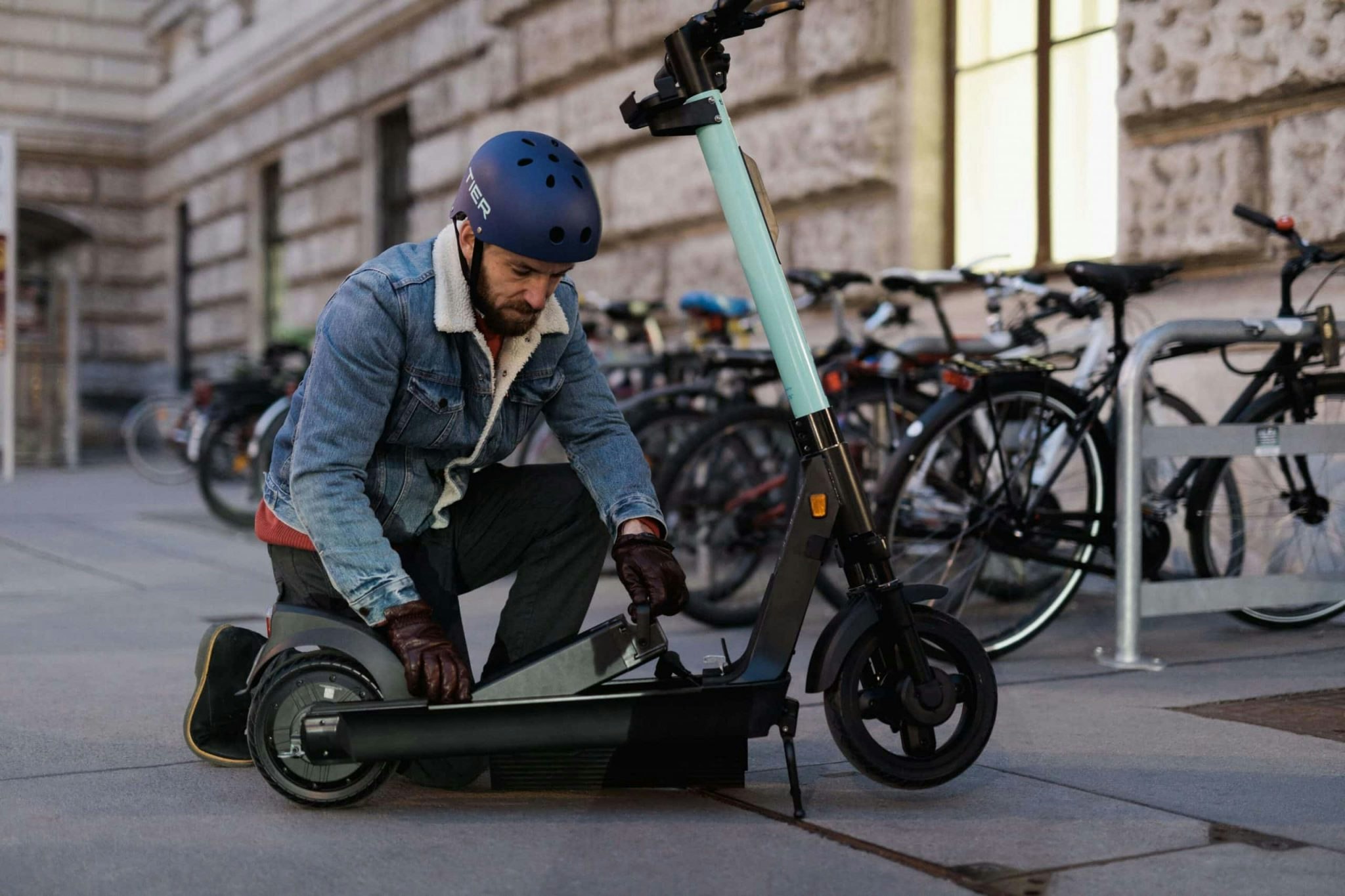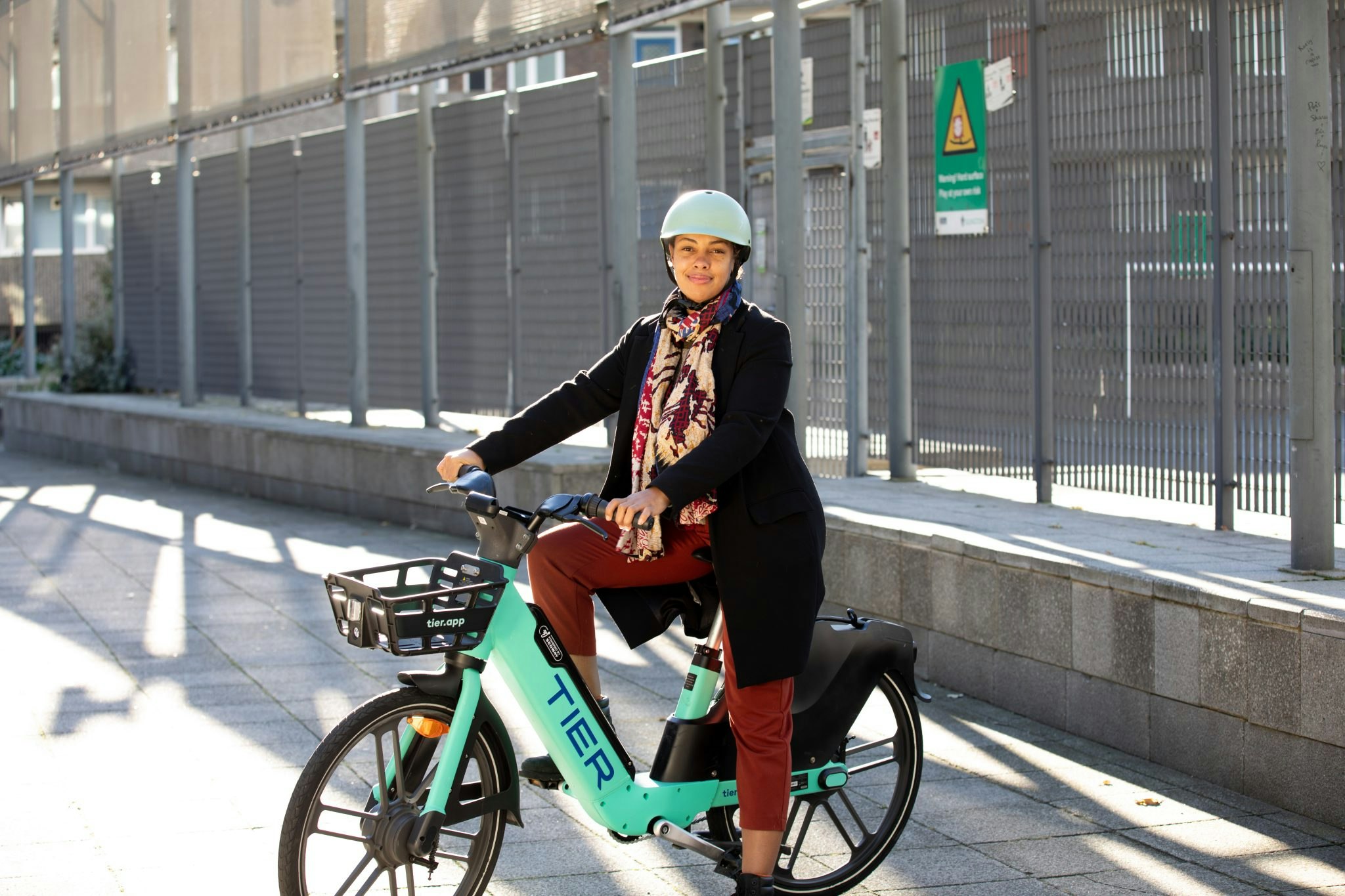The hotly anticipated result of the London scooter tender has finally been announced.
The winners are the exact same trio which won the equally competitive Paris scooter licence last summer: Berlin-based Tier, Amsterdam-based Dott and US-based Lime.
From June 7, these three operators will unleash up to 6.6k e-scooters on the streets of London, as part of a year-long trial to assess the pros and cons of adding this form of transport to the city’s mix.
It’s a big win for Tier and Dott — which have not won very many other tenders in the UK. For Voi, the Sweden-based scooter startup which has won 18 tenders elsewhere in the UK (more than any other operator) it’s a bit of a kick in the teeth.
The rules of the road
The London trials will not, however, be quite as extensive as they could have been: just six of the 32 London boroughs will be participating — Ealing, Hammersmith and Fulham, Canary Wharf, the City of London, Kensington and Chelsea and Richmond upon Thames. Riders will be able to ride through other boroughs (like Tower Hamlets), but not start or end journeys there. Lambeth, Southwark and Westminster are likely to join the trial at a later date.
To use a scooter, riders will need to have a full or provisional UK drivers licence. After downloading one of the operators’ apps, they will also need to take an ‘e-learning safety course’ before being able to rent a vehicle. Helmets will not be mandatory — although they will be encouraged — and scooters will be allowed in bike lanes and on roads, but not on the pavement.
Scooters will also have to stick to a 12.5mph speed limit (which is lower than the 15.5mph maximum implemented elsewhere) and need to have front and rear lights.
“Operators that demonstrate strong performance and compliance may be able to increase the number of e-scooters in their fleet over the course of the trial, while those that do not may be required to reduce their numbers,” says a statement from TfL.
While scooter operators say this is a big win for sustainability and a move towards a less car-dependent city, other organisations will not be so happy. Not all scooter riders stick to the rules — one of the UK’s earliest scooter trials, launched in Hartlepool last summer, was abandoned after complaints came in about teenagers riding them down a motorway and through a shopping mall — and concerns have also been raised about how poorly parked scooters could be dangerous for people with disabilities on pavements.
To combat that latter point, the boroughs participating in the scheme will create marked parking bays for the scooters. Whether they will get used is yet to be seen — although scooters operators will be required to move any improperly parked scooters within a set ‘response time’.
The goals of the trial
“We want to ensure a green, sustainable recovery from coronavirus, and e-scooters are an alternative to cars that could help with this. The safety of those using e-scooters, as well as other road users and pedestrians, is absolutely paramount, so it’s important that they are trialled in this rigorous way to ensure high standards,” says Will Norman, London’s walking and cycling commissioner.
We want to ensure a green, sustainable recovery from coronavirus.
“It will be important to see how this new service impacts London’s existing transport network and carbon emissions and how inclusive it is of the travel needs of all Londoners — especially those on lower incomes,” adds Mayor Philip Glanville, chair of London Councils’ transport and environment committee. Notably, TfL says the operators are obliged to “take into account the needs of people on lower incomes” — although prices for rides have yet to be set.
No critics or upcoming challenges can dampen the scooter CEOs' spirits though.
“This is a hugely proud moment for Tier and we cannot wait to start working with London,” said Tier’s CEO and cofounder Lawrence Leuschner in a statement.
“We’re delighted to be one of three operators to be selected to take part in the trial, this feels like just the beginning for Dott in the UK,” echoed an equally chirpy Henri Moissinac, CEO and cofounder of Dott, which raised an $85m funding round last month.
“We are excited that we will soon be able to offer Londoners the best micromobility services, working closely with local authorities and other permit winners to build a better and more sustainable city.”



